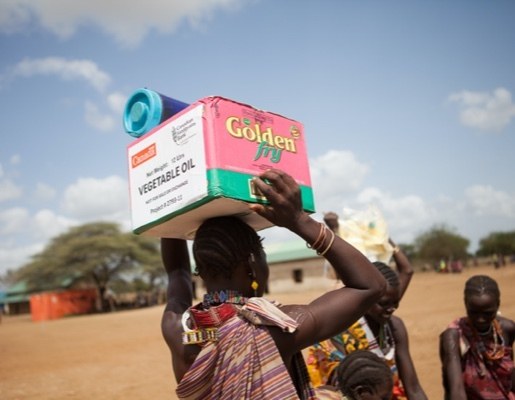Why we exist
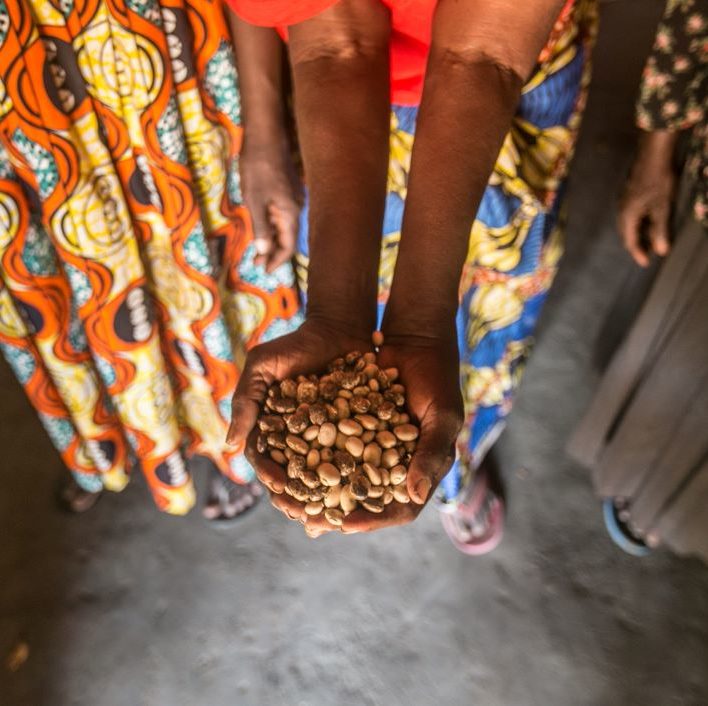
Working together to end global hunger
Canadian Foodgrains Bank is rooted in the belief that humankind is created in the image of God and that it is God’s desire that no person should go hungry.
What is hunger?
For most people, the idea of global hunger evokes heartbreaking images of people suffering through extended famine or drought. While this type of acute hunger exists, it only accounts for around 16% of the total number of people facing hunger in the world.
A more complete definition of hunger includes when people do not have enough food—or enough nutritious food—over a long period of time. This kind of chronic hunger is less visible but has major effects on people’s lives. When the body is not being properly nourished, it compensates by slowing down physical and mental activities. This affects children’s growth, concentration at school and work, and weakens the immune system, making people more vulnerable to disease.
It is estimated that up to 757 million people are facing hunger worldwide and do not enjoy “food security,” meaning they do not have regular access to enough nutritious food to live healthy and active lives.
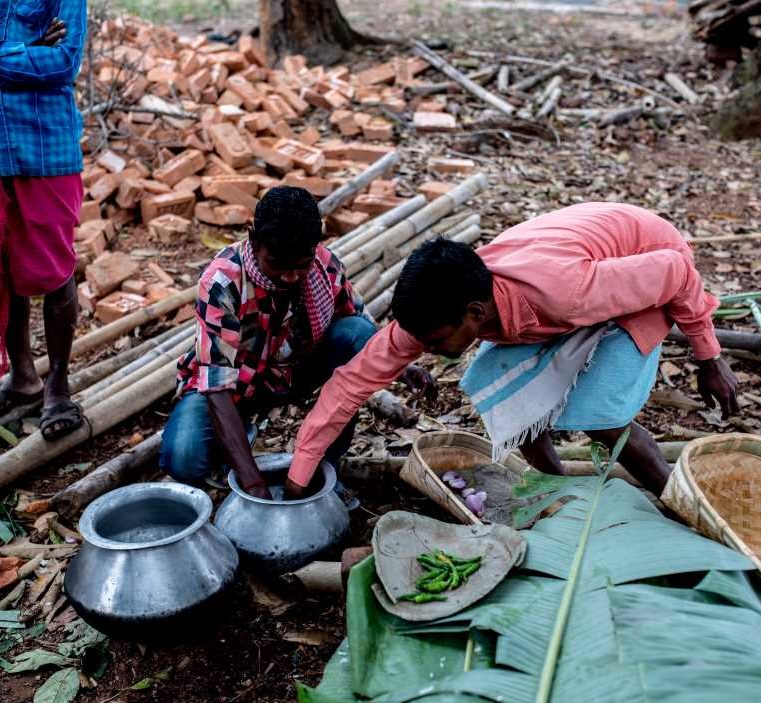
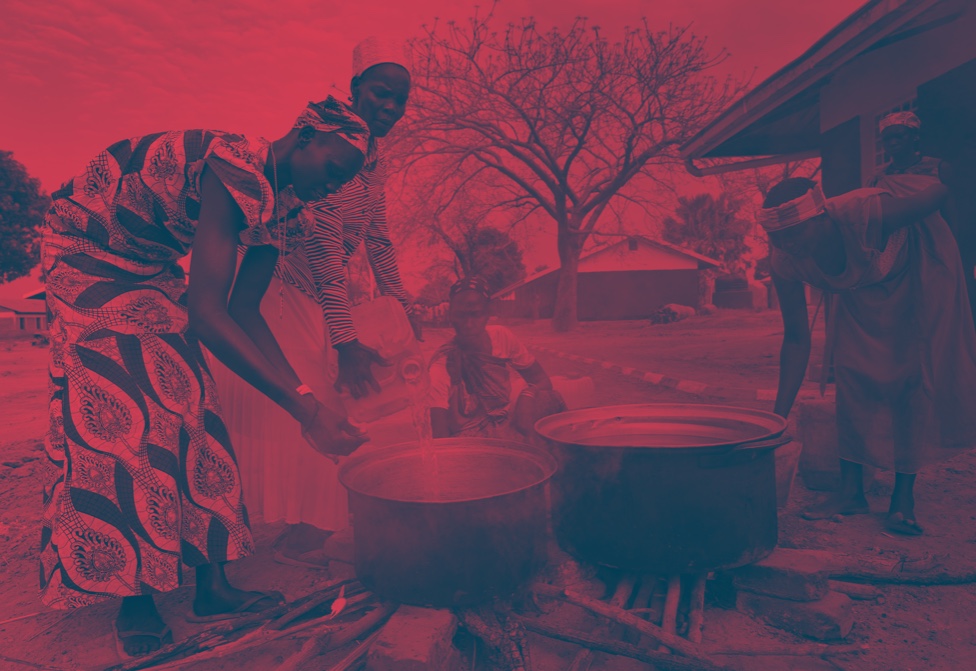
Why are people hungry?
The issues surrounding hunger and food security are complex. Many causes of hunger are linked and jointly contribute to why some families do not have enough access to food. These are some of the main reasons people around the world face hunger today.
Who faces hunger?
Hunger affects hundreds of millions of people worldwide. Some are food producers who work with worn out soil in harsh and unpredictable weather conditions, and others are families who have been forced from their homes and livelihoods because of conflict.
Working toward food security for all
Achieving our goal of ending global hunger often means providing food for people in immediate need, but we know that more is needed to ensure people have ongoing access to enough food to live healthy and active lives.
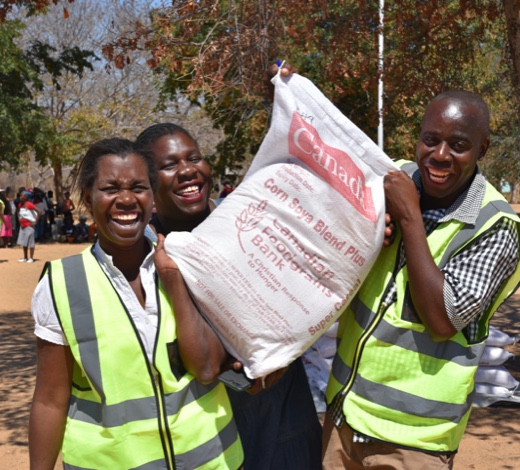
Local partnerships create stronger solutions
Every region we work in has unique challenges that are influenced by local culture, politics and history. Rather than implementing projects directly, we work with organizations who are already present in a country or community, understand the particular challenges communities are facing, and usually have a long-term commitment to the region and community. These partners are responsible for developing and implementing projects on the ground.
Working with our member churches and agencies, we provide support in the design and implementation of projects when needed and ensure accountability for the funds provided.
Our members maintain a network of partnerships with organizations in countries where we work. This means we can respond quickly when a crisis strikes and can work on long-term issues that can prevent situations from escalating into a crisis in the first place.
